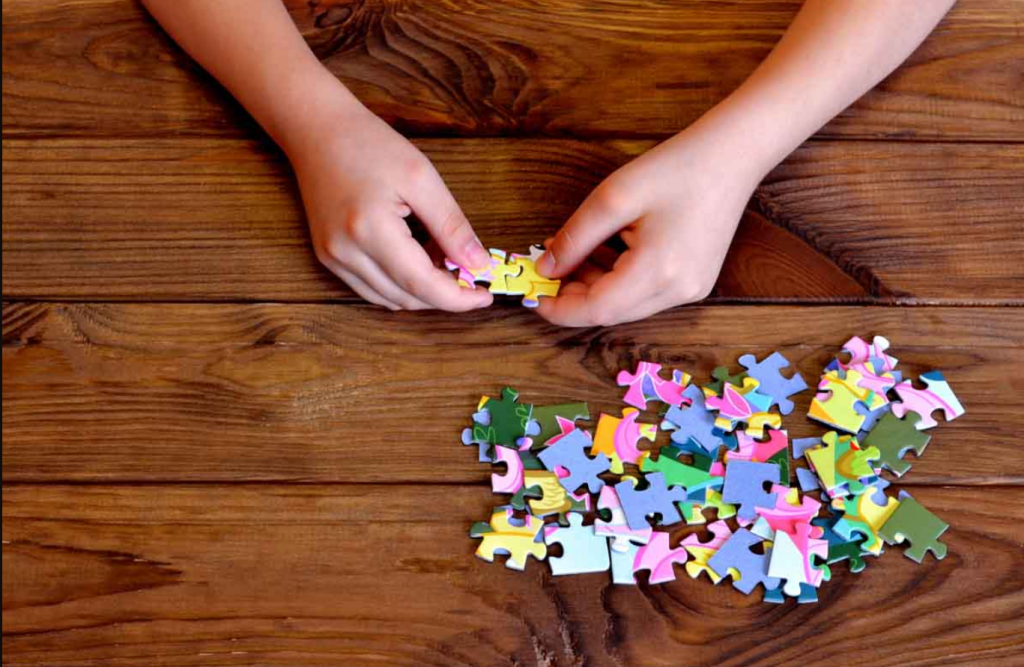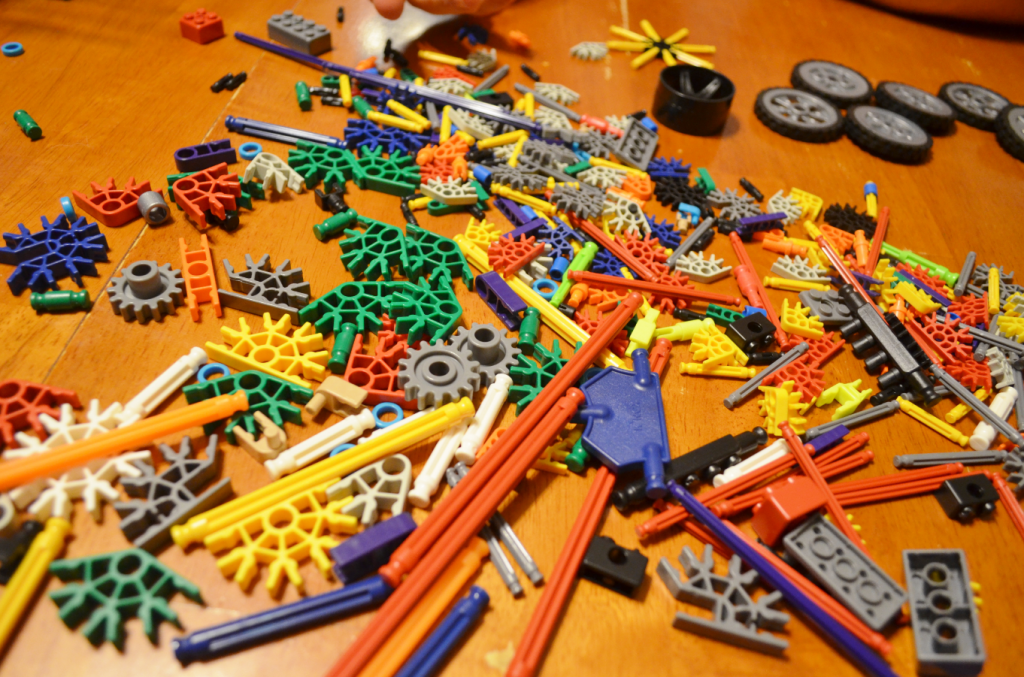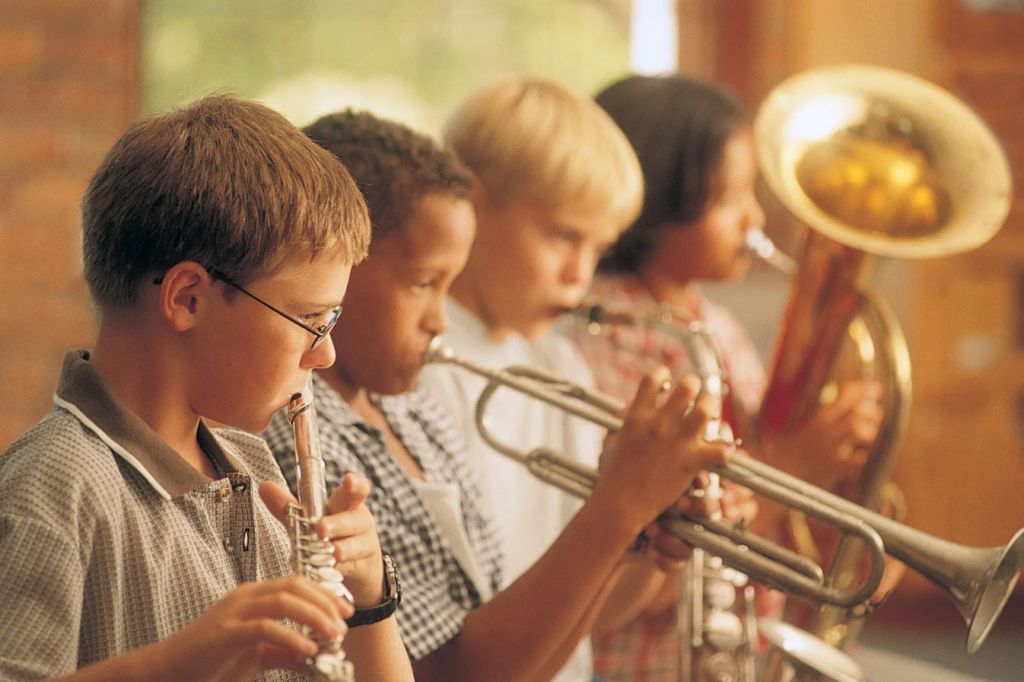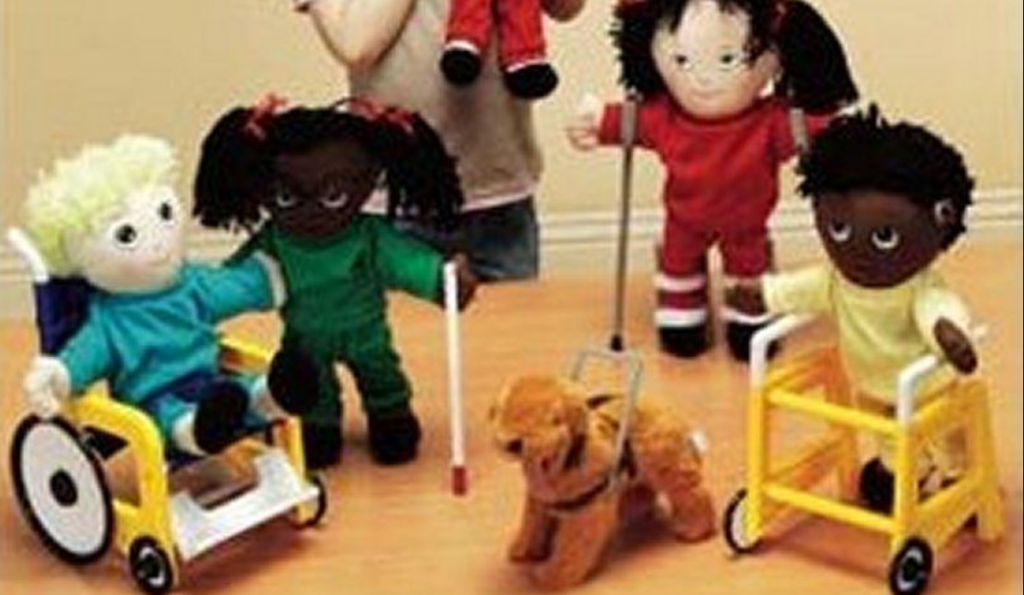Toys play a pivotal role in the development and growth of children. There is no doubt that there is a buzz around educational toys, but do they really work? And if so, how?
Parents have the right to ask questions and we’ll do our best to answer them. In this article, we’ll examine how educational toys affect children’s cognitive development and explore the various types of toys on the market today, including some of the best sellers.

Benefits of Educational Toys
Research has shown that playing with beneficial toys can have a positive impact on a child’s intelligence and learning. For example, puzzles and buildings can improve a child’s problem-solving skills, spatial awareness and fine motor skills. Similarly, educational games can enhance a child’s memory, reasoning and strategic thinking skills.
Here are some key skills that can be enhanced through the use of beneficial toys that can help children learn and grow.
- Spatial perception
- Problem solving skills
- Critical thinking
- Fine motor skills
- Memory
- Concentration
- Reasoning
- Hand-eye coordination
- Musical ability
- Math
- English
How each type of educational toy helps children
Below, we have documented how each type of educational toy can help a child’s learning development.
Puzzles

One of the most popular educational toys is the jigsaw puzzle. Puzzles come in different shapes and sizes for children of different ages. They can range from simple jigsaw puzzles to complex 3D games that require children to think critically and spatially.
Solving puzzles helps children develop critical thinking skills and improve their problem solving abilities.
Building Sets

Building sets, such as Lego, are another popular educational toy. They engage children in imaginative play and encourage creativity and problem-solving skills. Building kits also help children develop fine motor skills and improve hand-eye coordination.
Construction equipment can also be used to teach children basic engineering and design principles. As kids experiment with different configurations of pieces, they can learn about balance, stability, and other important concepts.
This can help them develop an interest in science, technology, engineering and math (STEM) fields, which are increasingly demanding in today’s job market.
Another benefit of building sets is that they promote teamwork and collaboration. Children can work together to build larger structures or models, which can help them develop communication skills and learn to work effectively with others.
Games

Educational games, such as memory games and strategy games, can also be a great way for children to develop cognitive skills. For example, memory games can improve a child’s memory and attention span. On the other hand, strategy games can help children develop critical thinking skills, improve problem-solving abilities, and teach them to think ahead.
Chess, checkers, and other board games require children to think ahead, plan, and consider multiple possibilities before playing. These games also help children develop their decision-making skills and learn to evaluate the consequences of their choices.
By playing strategy games, children can develop their analytical and problem-solving skills, which can be applied to other areas of their lives.
By playing strategy games, children can develop their analytical and problem-solving skills, which can be applied to other areas of their lives.
Video Games

Video games can provide a range of benefits to players, including:
Improved Cognitive Function: Video games can help improve cognitive function in areas such as attention, memory, and decision-making. This is because games are often fast-paced, present surprises and, sometimes, require multiple attempts to complete.
Stress Reduction: Video games are a great way to relax after a long day. They offer a safe and captivating way to escape stress and provide a sense of control and accomplishment.
Social Interaction: Many video games involve social interaction, both online and offline. This can help players develop communication skills, build friendships, and even improve teamwork.
Science Kits and Musical Instruments

In addition to mind games and buildings, educational toys such as science kits and musical instruments can also play an important role in children’s cognitive development.
For example, science kits can help children develop an interest in science and improve their scientific reasoning and problem-solving skills. Musical instruments, such as xylophones, can improve children’s musical skills, fine motor skills, and hand-eye coordination.
Toys that help with speech

Some children take longer than others to begin developing their speech skills. Here’s the thing. There are some toys that can help your child speak faster. Here are some:
- Spot recognition cards
- Word books
- Talking and learning soft toys
- Language development board games
How do Toys Help Cognitive Development?
Toys help cognitive development by providing opportunities for exploration, problem solving and creativity. They stimulate the senses and help them understand the world around them.
How Can Toys Benefit Children with Disabilities?

Toys are particularly helpful for children with disabilities because they can provide a range of learning and developmental benefits and opportunities.
For children with physical disabilities, toys that have been adapted or modified to suit their needs can provide opportunities to have fun and engage in activities that might otherwise be difficult or impossible.
It is important to choose toys that are appropriate for the child’s interests and skills and to provide appropriate support and encouragement during playtime. With the right toys and support, children with disabilities can enjoy the same benefits of playing and learning as other children.
Educational Toys: The Bottom Line
Toys can be valuable tools for a child’s development, but they do not in themselves make a child smarter. Instead, it is the way children interact with toys that can enhance their cognitive and emotional growth.
Toys should be used as a supplement to traditional educational methods such as reading, writing and arithmetic. In addition, it is important to choose educational toys that are age-appropriate and relevant to the child’s stage of development.
